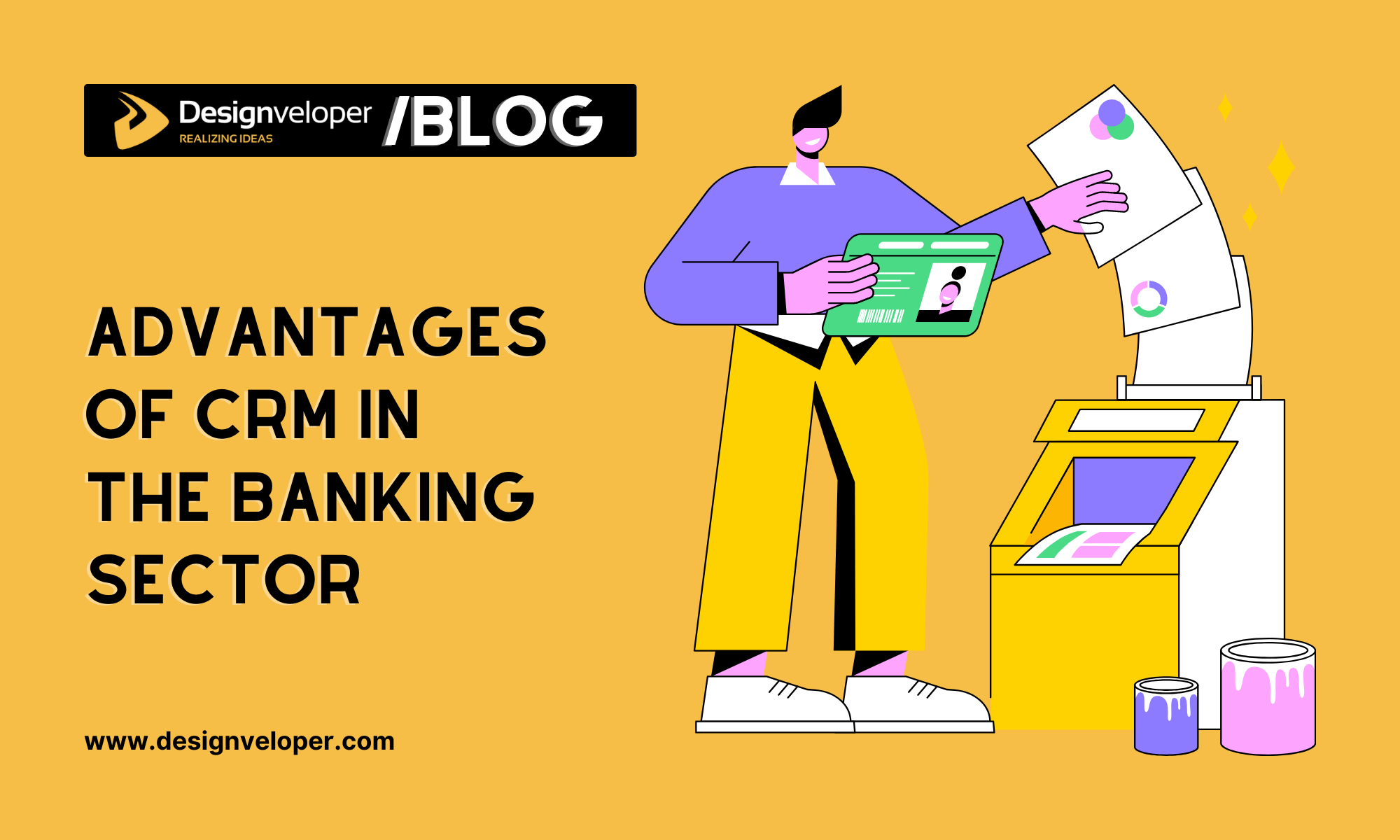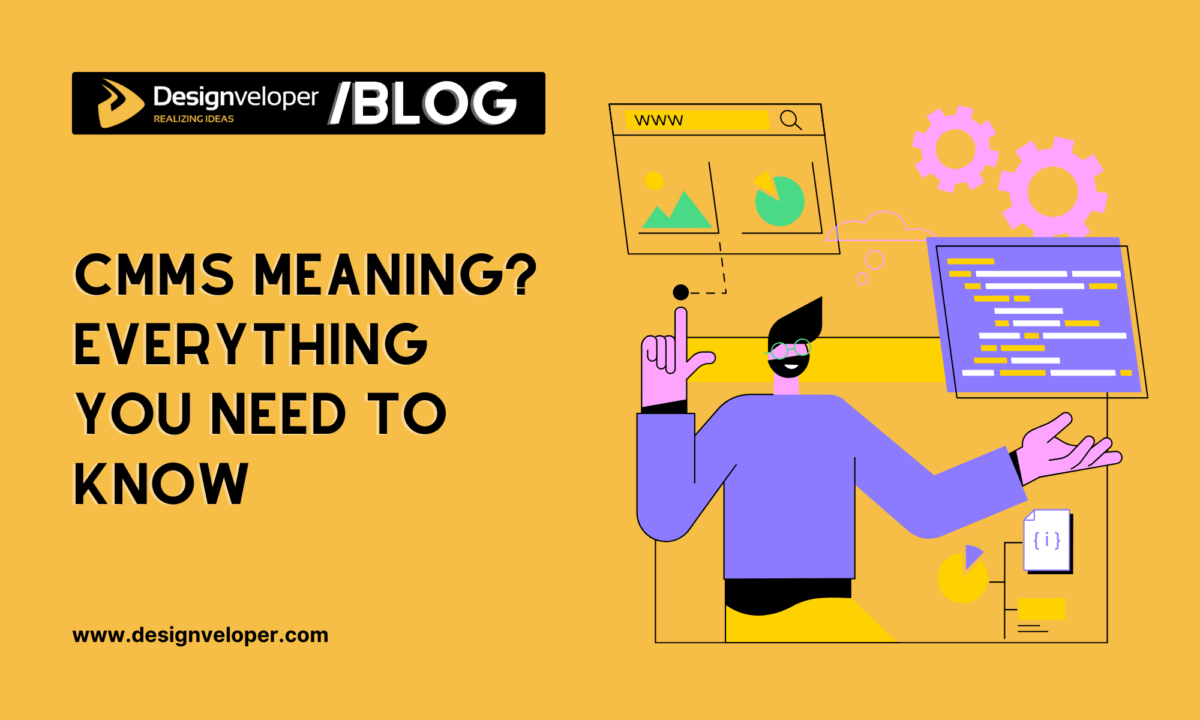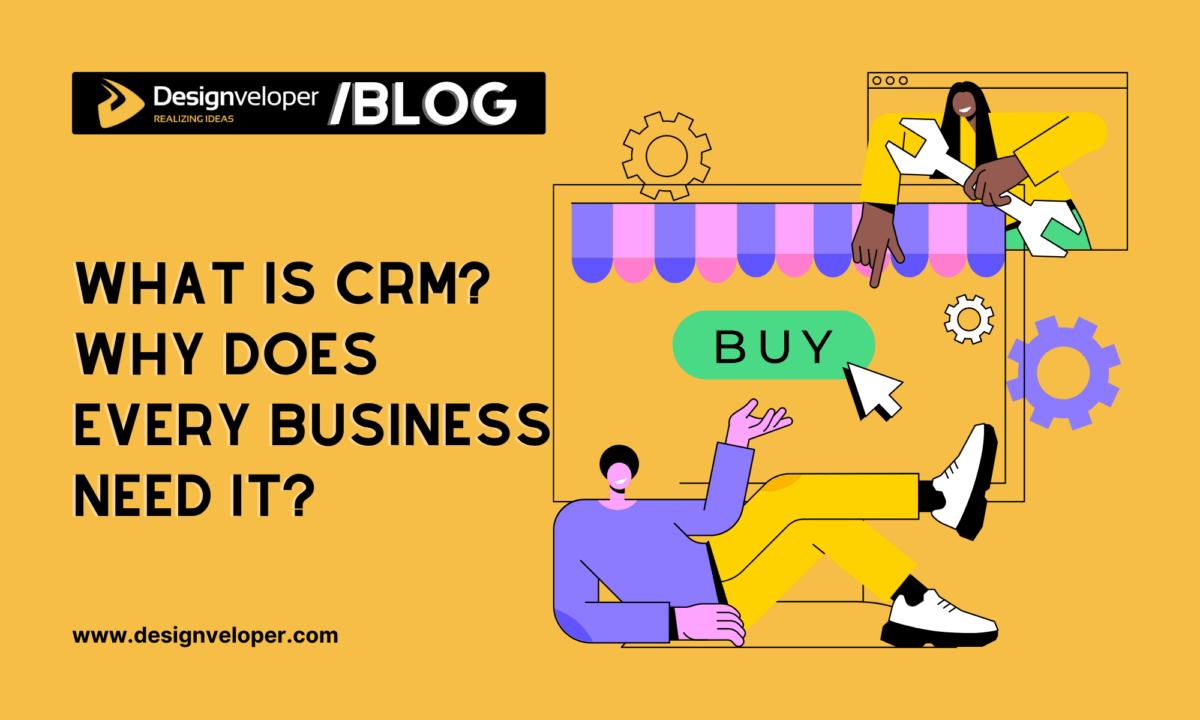
According to a 2024 study by crm.org, CRM, or Customer Relationship Management, continues to provide a significant return on investment for businesses. For every dollar spent on CRM, businesses can expect an average return of $8.71. This makes CRM an invaluable tool, especially for customer-centric businesses such as banks and financial institutions.
In the past, managing customer data was a time-consuming process, often reliant on paperwork. However, with the advent of digital technology, many banks have transitioned to computerized databases. This shift has streamlined the collection and analysis of customer data and enhanced interactions with customers.
So, what are the benefits of using CRM in banking in 2024? CRM in the banking sector can help banks digitize their services, improve the overall customer experience, streamline processes, increase efficiency, improve cross-selling and upselling, and enhance customer engagement. It’s clear that CRM plays a pivotal role in modern banking, driving customer satisfaction and business growth.
What is CRM in Banking?
CRM in banking, or Customer Relationship Management in banking, is a powerful tool that banks use to manage interactions with their customers. It’s a technology that collects and analyzes customer data, helping banks understand their customers better and provide personalized services.

This technology is not just about data collection. It’s a strategy that helps banks build strong relationships with their customers. By tracking customer interactions, CRM in banking allows banks to deliver superior customer service. It integrates communication channels, making it easier for customer-facing teams to collaborate and serve customers effectively.
One of the key benefits of CRM in banking is its ability to predict customer needs. By analyzing customer data, it can suggest the right products at the right time, improving customer satisfaction and loyalty. This leads to long-term customer relationships and increased revenue for the bank.
However, implementing CRM in banking is not without challenges. It requires careful data management and robust security measures. Despite these challenges, the benefits of CRM in banking far outweigh the drawbacks, making it an essential tool for any bank looking to improve its customer relationships and increase its bottom line.
The 5 Advantages of CRM in the Banking Sector
The ever-increasing financial industry, coupled with technological changes, offers golden opportunities for banking clients to access numerous financing options, ranging from applying for a loan to opening a credit card. This has led to increased competition between banks or credit unions in attempts to satisfy higher customer demands and reach sales and marketing targets. To that end, banks must look for a prompt and effective software solution for handling client relations. Accordingly, a tailored CRM functions as a virtual assistant that gives banks the following competitive edges:
1. Gain a detailed insight into each customer
Consolidating other software products that store a wealth of customer accounts, a CRM program tells bank managers about every client’s habits and preferences for using assorted financial products and services. Every single transaction such as a money transfer at an ATM or online deposits on a banking app is recorded and charted in quarterly reports to help banks see how customers respond to their offerings.
2. Bolster Customer Loyalty
According to recent studies, a significant number of customers have affirmed that inconvenience and poor quality of services are primary reasons for switching their current financial products. The rapid growth of the internet has empowered customers with more knowledge to select financial offers. Therefore, a bank’s services can be readily abandoned if they fail to meet customer expectations promptly.
To reduce the churn rate, banks need CRM solutions. CRM in banking helps deliver strategically customized products, thereby improving the user experience. A higher level of customer satisfaction, achieved through effective use of CRM, can enhance customer retention. This highlights the importance of CRM in banking in 2024.
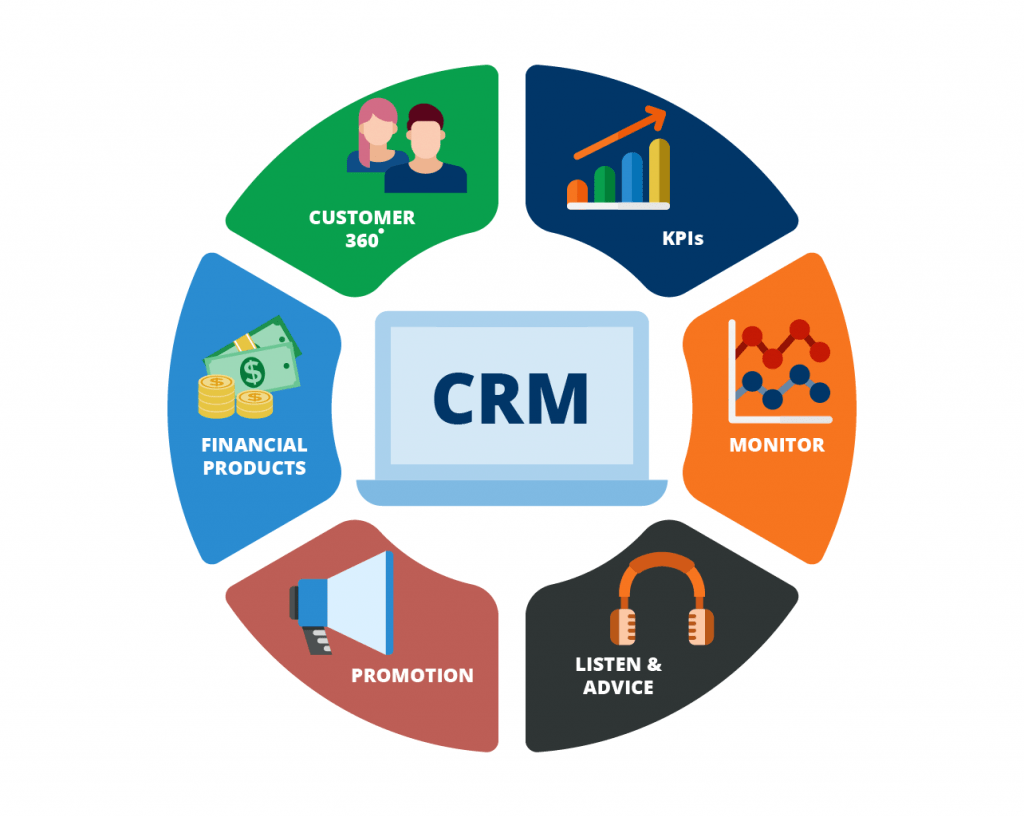
3. Speed up processes
A custom CRM automatically unites, manipulates, and analyzes a clientele database as per the different purposes of the company’s departments. For example, when an existing customer sends an inquiry about available loans in your bank, the consultant can base the provision of appropriate lending options on his personal needs and credit scoring. Thereby, the software betters the mutual understanding of both parties and enables a faster process of transactions.
4. Improve staff performance
Admittedly, a unified CRM will reduce the workload done by banking employees. Instead of spending hours searching for emails and answering all questions of customers, bank staff can have the software do these time-wasting missions and then stay more focused on other paramount tasks. Inevitably, despite being much smarter, the program cannot completely replace human beings in evaluating customers’ credit scoring, devising strategies to retain customers, and more. Exactly, it supports bank employees with daily workflows and promotes their productivity.
5. Foster sales and marketing goals
Besides providing customers with personalized advice and good-quality products, banks prioritize reaching their sales and marketing objectives as well. To do so, they should deeply get to know about their customer segment’s behaviors and current trends before tailoring their marketing campaigns. With a CRM in banking, those institutions can easily acquire as many marketing leads as possible and find proper solutions to encourage their purchase.
A Critical Review of Commonly Used CRMs in Banking
There is a wide selection of third-party CRMs in the banking sector. Most of them have already installed vital functionalities – whether fundamental or advanced – to serve different financial purposes (e.g. banking, mortgage, or insurance), enhance product penetration, manage financial goals, and important events such as inbound appointments or advertising campaigns, and many more. Departments will capitalize on such data to make sensible decisions and give personalized recommendations.
1. Salesforce Financial Services Cloud
In 2024, the CRM market is thriving, with a cloud-based CRM owning the largest market share of 19.5. Salesforce Financial Services Cloud, a key player in this domain, is known for its Einstein Analytics bots. These bots visualize AI data and generate insightful advice to tackle complex issues. The platform offers several notable features:

- Assists relationship managers in scheduling and planning actions with clients
- Facilitates both inbound and outbound direct calls from the software and records call history
- Employs a sales and marketing pipeline view to make informed decisions and estimate sales expenditure based on historical data
However, despite these advantages, the platform does not cater to mobile users. According to research, mobile CRM helps 65% of salespeople meet their quotas. The lack of a mobile version means banking employees may miss out on the latest emails or customer queries.
Furthermore, while CRM is designed for various financial sectors, it is not limited to banking. It’s worth noting that the pricing plans might be expensive for some small and medium-sized businesses. These companies often face a lack of customized roles to enhance financial security and user experience.
2. Microsoft Dynamics 365 Sales
Incorporated with BI and AI technologies, Microsoft Dynamics 365 Sales allows you to smoothly connect with other Microsoft applications including Office 365 or Teams, regardless of whether you are working with desktop-based dashboards or on the go. Third-party CPQ add-ons can be integrated with the software to help build contracts and reasonable quotes. Meanwhile, an AI assistant supports you to monitor daily actions and communications or use historical data to create custom reports with charts that facilitate the observation of current revenues and the prediction of future sales.
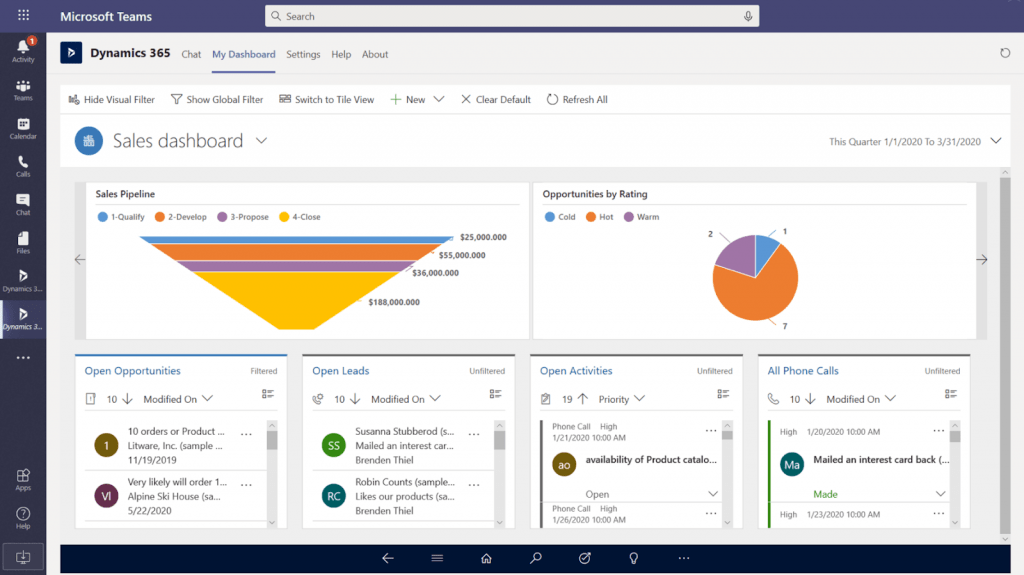
Despite being better known for Gmail, Microsoft doesn’t natively integrate this tool with Dynamic 365 Sales. Another problem is its poor support for detecting and validating unknown email addresses. Facing those weaknesses, you may have difficulty administering emails, especially important ones.
3. Creation
Developed as a process-oriented CRM, Financial Services of Creatio is famous for its loan-related features:
- Enable the loans department to establish lending procedures as per provided sorts of loans, efficiently track each process phase, and stack all relevant documents
- Monitor loan pipelines, analyze data, and make a performance report
- List a wide range of verification and underwriting actions to easily assign work and distribute necessary tools to different responsible entities

Additionally, the software allows seamless incorporation with other banking applications and delivers expert consultations to customers according to their preferences and needs. However, one important downside is the poor segmentation and internal security due to the off-the-shelf assistance for tagging metadata. This worsens the management of massive databases and makes it hard to locate information.
FURTHER READING: |
1. Why Choose React Native for Your Mobile App Like Bloomberg or AirBnB |
2. How to Choose Reliable Web Design Services? |
3. A Detailed Guide for Web Development Cost |
Why do You Need an Outsourcing Company for CRM Development?
There is no denying that some leading CRM initiatives from tech giants such as Salesforce or Microsoft are already integrated with necessary features for banking, mortgage, and more. However, this doesn’t translate to their compatibility with banks and financial institutions regardless of size and core business goals. The elaborate descriptions in the previous part highlight some limitations that can exacerbate the tracking of customer profiles. Also, the wrong selection accompanies the failure of achieving business goals and optimizing user experience.
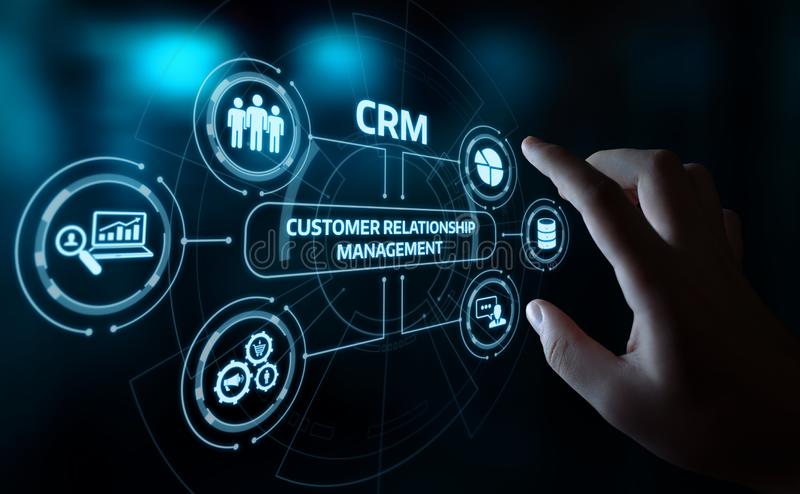
More importantly, the serious cyber-attack on the Colonial Pipeline also emphasizes the importance of information security, especially when financial data in the banking sector are vulnerable and prone to hijacks. Therefore, not only does hiring such an outsourcing company as Designveloper help you develop a CRM program that can tackle those problems, but it also offers a professional consultancy service throughout the software development life cycle.
There is a wide selection of CRM solutions provided by third parties like Salesforce or Microsoft to help banks increase customer engagement and build long-term relationships with them. However, the best CRM in banking is the one that is customized to suit your business needs.
We hope that this article can help you know exactly the advantages of CRM in the banking sector!






Read more topics




























